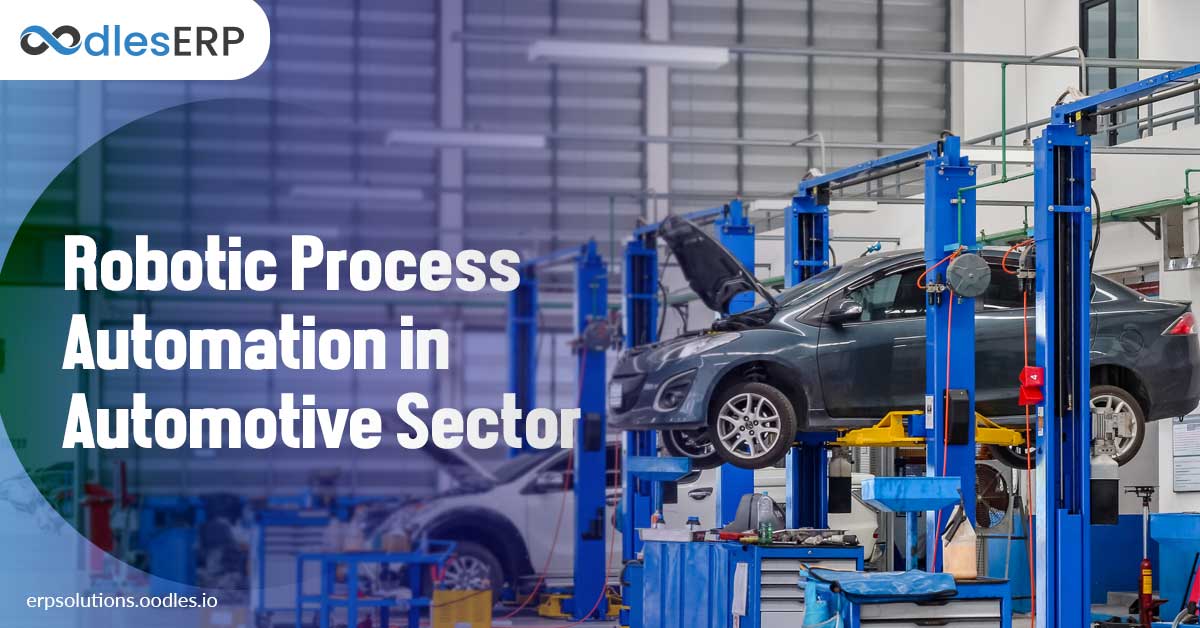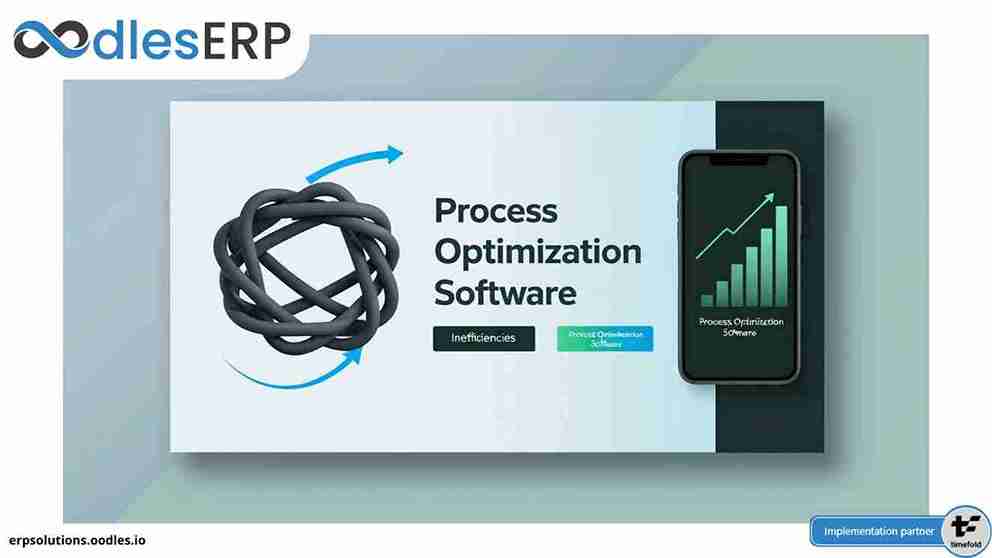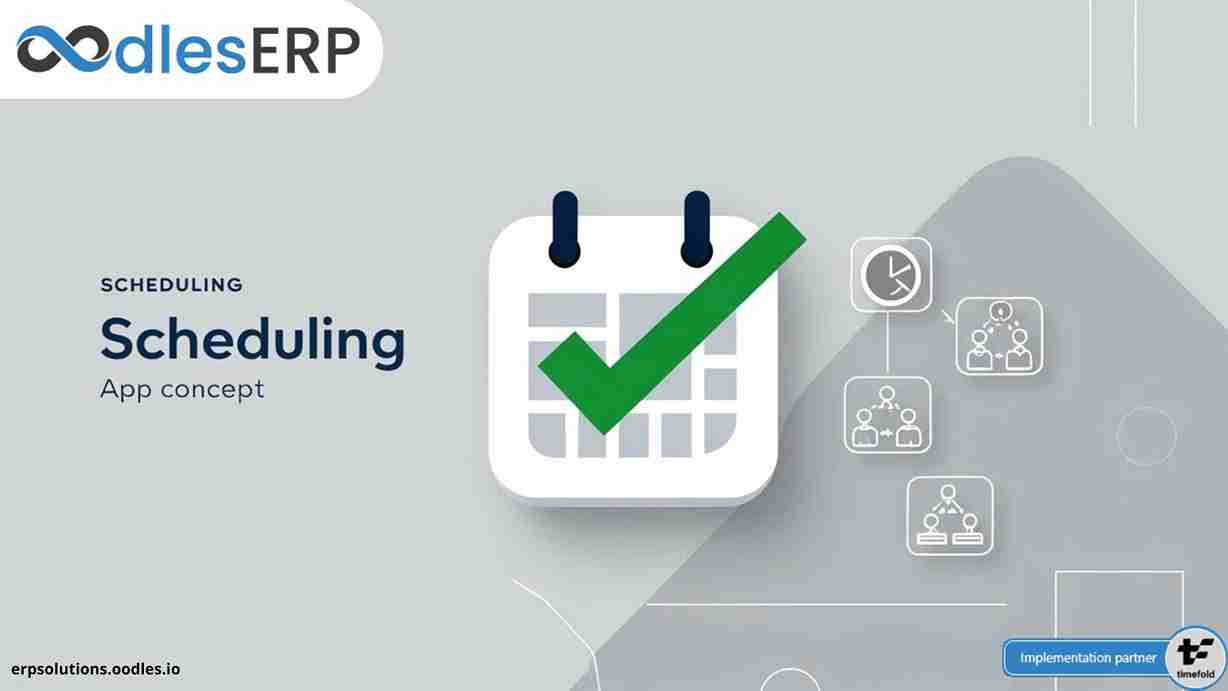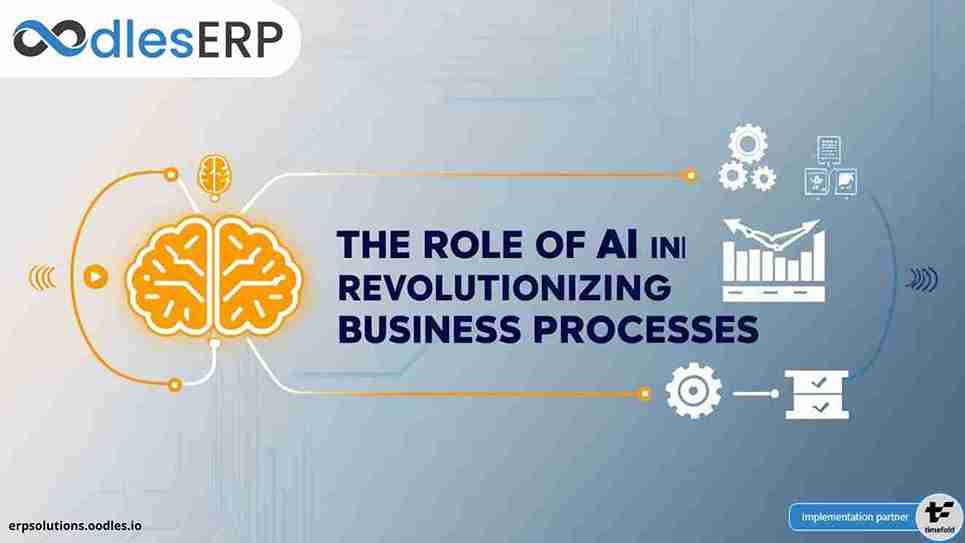The automotive sector deals with different varieties and sizes of components required at workstations for assembling, painting, polishing, testing, procurements, and delivery of vehicles to the warehouses. To control and manage these activities, business executives require an efficient supply chain system integrated with Robotic Process Automation (RPA) bots. Let’s explore how RPA is improving productivity in the automotive sector.
How Robotic Process Automation is Improving Supply Chain Processes in Automotive Sector
Inventory Management Automation:
Inventory management is a critical aspect of supply chain processes. Suppliers and manufacturers need to be aware of their inventory levels to ensure they have enough products and spare parts to meet customers’ demands.
RPA systems keep a tab on inventory management levels to ensure easier management of inventory. The system notifies managers when product stock levels are low and automatically reorders products when it reaches a threshold level. In addition, the RPA system enables manufacturers to predict the optimal inventory levels by using historical data and sketching out patterns in demand.

At Oodles, we provide inventory management software development that enables businesses to manage and oversee the storage of inventory and placing orders.
Order Processing and Payments:
Order processing, placement, and payment part of a supply chain consist of three phases:
* Product selection
* Payment processing
* Order placement confirmation
Most businesses rely on old manual paperwork to process transactions. Robotic process automation systems automate order processing and payments. RPA bots handle key operations of order processing like payment processing, product selection, and order confirmation efficiently. It reduces error, saves time, and increases productivity. In addition, RPA bots can be used to update information in the company’s database, process the payment and send notifications to required parties via e-mail and text.
Transportation and Logistics
Logistics and transportation are an integral part of supply chain management. A major part of these operations rely on manual handling and requires business associates to work on multiple applications. Manufacturers can use RPA bots to eliminate manual processes easily. In addition, bots can be used to automate day-to-day processes like lead generation, credit clearing, invoice collection, intermodal pricing, and shipment tracking.
RPA bots can be used to extract shipment information from an incoming email request. They can gather shipment details like delivery time, pickup and drop-off points and other important information. RPA bots can even pick an appropriate delivery slot and schedule shipments automatically by logging into the desired portal.
We are a shipping software development company that enables businesses to plan, execute, and control the movement of goods across the supply chain. Our transport and logistics solutions enable businesses to improve supply chain processes and increase Return on Investments (ROI).
Email Automation:
Effective communication between manufacturers, suppliers, transportation agencies and customers is essential for an efficient supply chain process. Businesses can use RPA bots to automate the entire communication process. Manufacturers can automate email replies when an order has been requested, dispatched, struck midway, delayed or received. RPA bots ensure all the parties involved in the supply chain process get real-time notifications. In addition, bots can read received emails, recognize the context of the content, and perform certain actions.
Also Read: Impact of IoT in Supply Chain Visibility
Best Suited Robotic Process Automation Bots Application Areas in Automotive Sector
Assembly: Manufacturers are using RPA for automating tasks like screw driving, windshield installation, and wheel mounting. For instance, high-speed ‘Delta’ machines are used for assembling smaller components like pumps and motors.
Use Case: Tyre Pressure Control system of BMW
The tyre pressure control system (RDC) uses sensors on all four wheels of BMW tyres to electronically monitor the tyre pressure. Depending on the equipment fitted, the tyre pressure indicator enables the workers to measure the current pressure in the control display or the instrument panel.
If there is a difference in pressure, the driver receives a warning signal indicating the possible danger. The information associated with the affected tyre appears on the display.
The wheels are fitted with compatible sensors to ensure that the tyre pressure indicator works reliably. The standard tyre-inflation units have a measurement tolerance of +/- 0.15 bar.
Material Removal: Businesses can use RPA robots for light trimming and cutting tasks. For instance, bots can be used for cutting fabrics including headliners, polishing molds, die castings, and trimming flash from plastic moldings. In addition, force-sensing technology enables robots to maintain constant pressure against a surface in these applications.
Part Transfer: Manufacturers use RPA bots for pouring molten metal in a foundry and transferring metal stamp from one press to the next.
Welding: Manufactures can use large robots with high payload capabilities and long reach to weld car body panels. Smaller robots can weld sub-assemblies like brackets and mounts.
Painting, Coating, and Sealing: Since RPA robots are able to follow a programmed path consistently, they are widely used for painting car assembly parts. They can also be used for spraying coatings like sealants, primers, and adhesives.
Gain Benefits of Robotic Process Automation in Supply Chain with Oodles
According to KPMG’s global automotive executive survey 2015, the global automotive industry has exceeded its sales of over 90 million units for light vehicles. In the year 2020, the sale is estimated to reach a staggering 111 million.
Improve visibility of information, speed up the flow of parts, and vehicles and reduce in-transit damage with our supply chain development services. We integrate RPA in ERP and supply chain systems to enhance productivity, improve scalability, and improve operational costs.
We develop RPA solutions that enable businesses to replicate human interaction with other business applications.
Connect with our ERP development team to schedule a discussion!
Read Next: Improving CRM Practices with Salesforce Lightning









